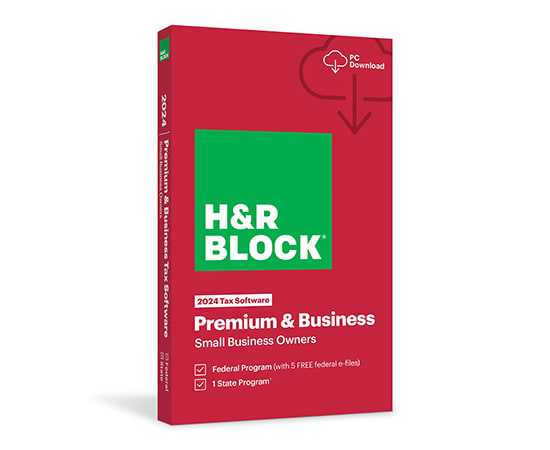Business Mileage
Do you drive a fair amount to attend client meetings or work events? Track all business miles driven, as you might be able to deduct a portion of your expenses, including tolls and parking fees.
Consider the portion of your vehicle’s expenses related to your business use. Say that you drive your vehicle 10,000 miles total, and 5,000 miles of that is for business, you might be able to write off expenses such as tires and maintenance.
Food and Drink
The IRS typically allows you to write off 50% of your expenses for business meals, provided they’re not “lavish or extravagant” and as long as the business owner or employee is present. Note that taxes and tips can typically be included in the cost of the meal, but transportation to the meal typically can’t.
To validate the expense, document the attendees’ names and the meeting's purpose, along with receipts.
Identifying Audit Risks
The IRS selects returns for auditing randomly, but certain situations, such as self-employment, may increase the chance. Certain red flags may catch an auditor’s eye and raise suspicions.
Be diligent about keeping thorough records to substantiate the deductions you claimed. To keep your expense records organized, keep a notebook handy or consider using an app that allows you to track expenses as they occur, such as Shoeboxed, XpenseTracker, or Expensify.
Keeping clear and well-organized records of your income and expenses can help simplify tax time and help reduce the risk of missing deductions. Consider this a basic but ongoing task to document your expenses accurately.
If you think you may qualify for one of these deductions, consult your accountant, a tax professional, or visit the IRS website.
))
))




